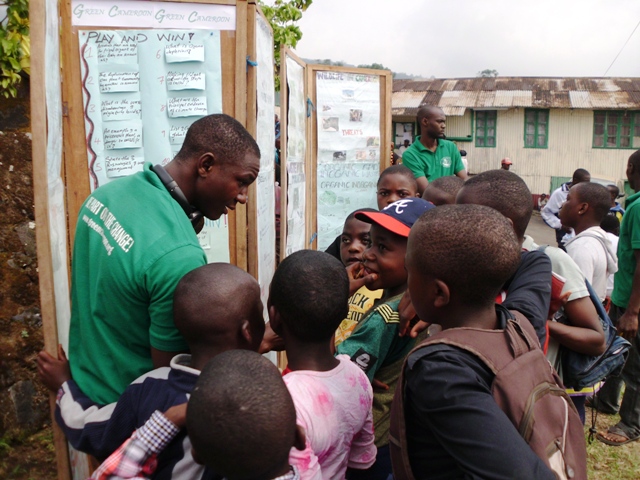As we commemorate World Children’s Day on November 20th, it is crucial to reflect on the inextricable link between environmental conservation and the well-being of children. A healthy environment is the foundation for a child’s physical, mental, and social development. It provides them with clean air and water, nutritious food, and a safe space to play and explore.
Environmental degradation poses significant threats to children’s health and well-being. Air pollution, for instance, can lead to respiratory problems, while water contamination can cause waterborne diseases. Climate change, with its associated extreme weather events, disrupts children’s education and livelihoods, putting them at increased risk of displacement and poverty.
In contrast, a healthy environment offers children a multitude of benefits. Access to clean air and water protects them from respiratory and waterborne diseases. Healthy ecosystems provide nutritious food sources, ensuring children have the necessary nutrients for proper growth and development. Green spaces and parks provide opportunities for physical activity and play, essential for children’s physical and mental well-being.
Protecting the environment is not just about safeguarding the planet for future generations; it is about ensuring the well-being of children today. By conserving our natural resources, we are investing in their health, education, and future.
On this World Children’s Day, let us pledge to make the world a better place for our children by embracing environmental conservation. Here are some actions Green Cameroon thinks we can all take to contribute to a healthier and more sustainable planet:
- Reduce our reliance on single-use plastics: Single-use plastics contribute significantly to pollution and waste. By switching to reusable alternatives, we can protect the environment and reduce the harmful effects on children’s health.
- Conserve water: Water is a precious resource, and we must use it responsibly. Simple actions like fixing leaky faucets and taking shorter showers can make a significant difference in water conservation.
- Support sustainable food choices: Opting for locally sourced, organic produce reduces the environmental impact of food production and ensures children have access to healthy, nutritious food.
- Plant trees: Trees are the lungs of our planet, absorbing harmful carbon dioxide and releasing oxygen. Planting trees helps combat climate change and improve air quality, benefiting children’s health and well-being.
- Educate and engage children: Empower children to become environmental stewards by teaching them about the importance of conservation and encouraging them to participate in eco-friendly activities.
As we celebrate World Children’s Day, let us remember that protecting the environment is not just an environmental issue; it is a matter of children’s rights and future. By taking action today, we can create a healthier, more sustainable world for our children and generations to come.


